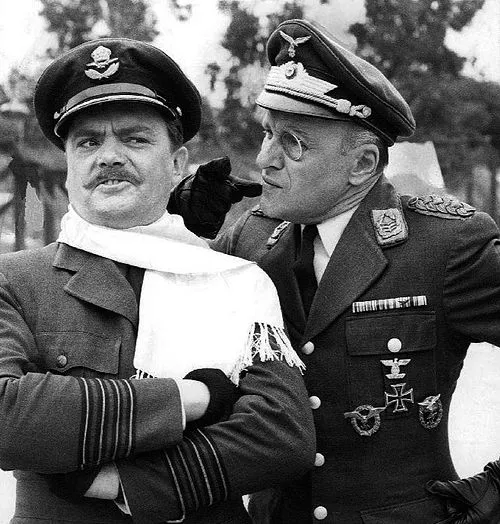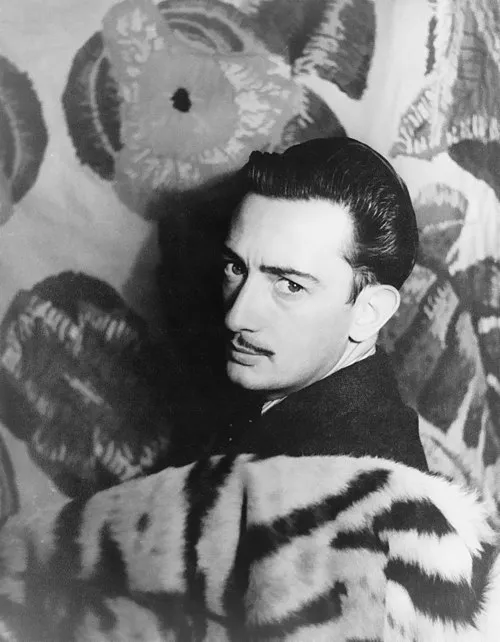
Name: Louis Farrakhan
Birth Year: 1933
Nationality: American
Profession: Religious leader
Organization: Nation of Islam
Notable Works: Prominent speeches and leadership within the Nation of Islam
Controversies: Known for controversial statements and views on race and religion
1933 – Louis Farrakhan, American religious leader
Louis Farrakhan, born in 1933, stands as a polarizing figure in American religious and political discourse. His journey began not in the grand halls of power or the spotlight of fame but rather in a modest upbringing that would later fuel his fierce advocacy for African American rights. Raised in the vibrant streets of the Bronx, New York City, he grew up amid the echoes of jazz and the struggles of his community. Ironically, it was this urban landscape that shaped his worldview one that would clash with mainstream narratives.
As a young man, he exhibited prodigious talents as a musician, performing as a calypso singer under the name “The Charmer.” However, despite his early success in music and performances across clubs and venues, Farrakhan felt an unshakeable yearning for something deeper a quest for identity and purpose that transcended mere entertainment.
At 21 years old, he encountered a movement that would redefine him: The Nation of Islam (NOI). Joining this organization was not merely an act of faith; it represented a profound shift towards embracing Black empowerment and cultural pride. Under the tutelage of Elijah Muhammad the revered leader of NOI Farrakhan quickly became one of its most prominent spokesmen. Perhaps this affiliation filled him with both purpose and conflict; after all, while he found community within NOI’s teachings on self-sufficiency and social justice, some viewed its ideologies with skepticism.
His rise within NOI was meteoric. By 1977, following Muhammad's death, Farrakhan assumed leadership during tumultuous times marked by factional disputes within the organization. Despite facing opposition from various quarters including rival factions wanting to reshape NOI’s direction Farrakhan's charisma proved magnetic to many disillusioned African Americans searching for answers amid systemic racism.
However... this ascent did not come without controversy. In fact, it was fraught with tensions stemming from Farrakhan’s unapologetic rhetoric about race relations in America a subject many deemed incendiary at best. His speeches resonated deeply among followers who felt marginalized by society; yet they drew ire from others who labeled him anti-Semitic or divisive. The dynamic surrounding his words illustrates how leaders often navigate precarious paths where passion may lead to polarization.
The mid-1980s marked another pivotal moment: Farrakhan organized the Million Man March on October 16th, 1995 an event designed to galvanize Black men towards civic responsibility while addressing societal issues like crime and poverty within their communities. Who knows how many lives were impacted? Estimates suggested hundreds of thousands converged on Washington D.C., united by themes such as family values and self-improvement which arguably reflected larger societal desires for healing amidst pervasive injustice.
This gathering also sparked discussions around masculinity and responsibility among Black men a topic still relevant today! Yet ironically enough...while proponents praised its positive messages promoting unity amongst participants opposed detractors claiming exclusivity concerning women’s roles in these discussions.
The turn into new millennium saw Farrakhan delving into broader international concerns too! He became vocal against U.S interventionist policies abroad viewing them through lenses shaped by imperialism experienced throughout history including colonization faced by African nations during their quests toward liberation from European powers!
Despite achieving notoriety globally via media appearances often punctuated fervent speechifying about social justice issues...some might argue that these platforms became double-edged swords leading further entrenchment divisions rather than collective understanding amongst communities grappling ongoing inequalities!
Loyal supporters argue fervently about his advocacy efforts concerning education reform job creation initiatives while detractors critique perceived isolationist sentiments echoing xenophobia populating contemporary political landscapes presently emerging world stage; thus rendering complexities woven intricately through each era defining legacy left behind.Farrakhans’ forthrightness regarding matters pertinent race tends provoke mixed responses historically shaping public perception amidst evolving dialogues centered identities intersectionalities proliferating evermore daily conversations!
Pundits speculate whether such polarizing figures are necessary catalysts sparking transformations needed engender real change manifesting tangible outcomes equity justice prevail future generations enduring lessons taught history alive today impacting pathways exist forward growth enlightenment spread positivity diverse voices heard resonate far beyond confines boundaries visible form.”
Early Life and Education
Farrakhan was born Louis Eugene Walcott to immigrant parents from Saint Kitts. His early life in the bustling neighborhoods of New York exposed him to a diverse culture, which later influenced his worldview. Farrakhan attended the Winston-Salem State University before pursuing a career in music as a calypso singer, adopting the stage name 'Calypso Gene'. However, his life took a pivotal turn in the early 1950s when he was introduced to the teachings of the NOI.
Rise to Leadership
Louis Farrakhan joined the Nation of Islam in 1955, quickly rising through the ranks to become a minister and a prominent spokesperson for the organization. In 1975, following the death of Elijah Muhammad, the founder of the NOI, Farrakhan assumed leadership of the movement. Under his stewardship, the Nation of Islam saw significant growth and established a strong presence in American society, advocating for African American self-reliance and empowerment.
Controversies and Criticism
Farrakhan’s leadership has not been without controversy. He has often been accused of promoting anti-Semitic views and has faced widespread criticism for his comments regarding race and religion. Many of his speeches have sparked debates about hate speech and free expression. Despite this, Farrakhan has maintained a loyal following among many African Americans who resonate with his messages of empowerment and social justice.
Legacy and Influence
Throughout his career, Farrakhan has organized several high-profile events, including the 1995 Million Man March in Washington D.C., which aimed to inspire African American men to commit to personal responsibility and community service. His work has had a lasting impact on the African American community and has influenced many leaders in various spheres, including politics, arts, and religion.
Recent Developments
In recent years, Farrakhan has continued to speak on issues of race, religion, and politics, sometimes drawing renewed scrutiny and controversy. His speeches often touch on themes of unity among African Americans and critiques of systemic inequalities in American society. Despite the ongoing debates surrounding his rhetoric, he remains a significant figure within the Nation of Islam and continues to lead discussions on social justice.
The Legacy
The narrative surrounding Louis Farrakhan encapsulates more than just controversies it embodies decades worth struggle attempting redefine parameters around faith politics race relations directly affecting lives lived quietly under shadows oppression yet longing acknowledgment existence mattering meaningful ways affirmatively moving forward ultimately seeking truths hidden beneath surface realities encountered daily.”



